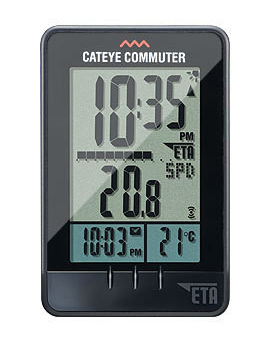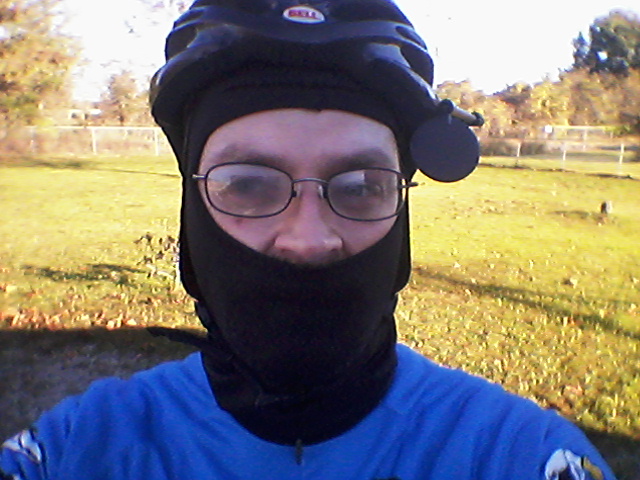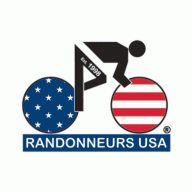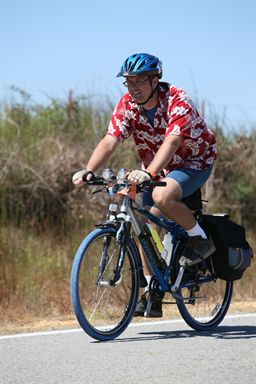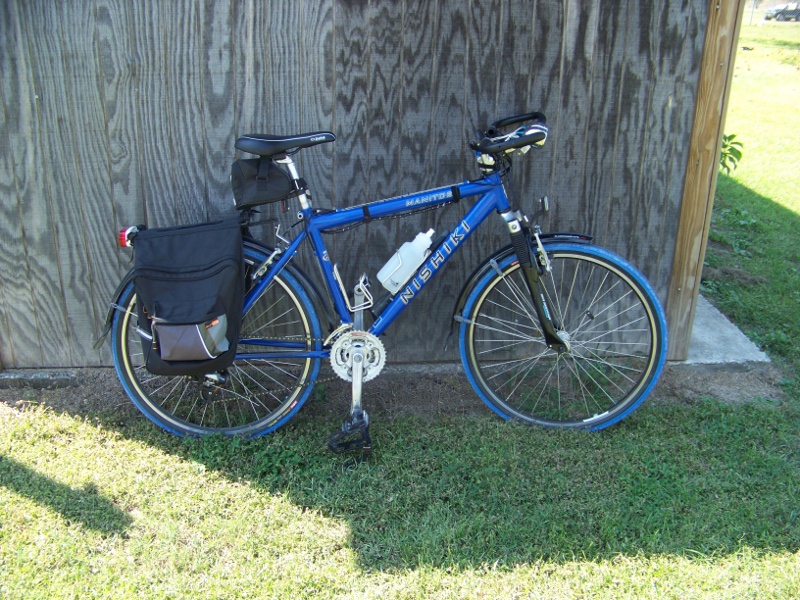So I finally decided instead of riding 14 miles every morning, and then driving to work, I’d just ride the 8 miles to work instead.
You’re probably thinking “That’s a no-brainer!” but it’s more complicated than that. On my normal morning ride, there’s no traffic lights, very little traffic, and only one stop sign. To get to work is a shorter distance, but requires navigating a dozen stop signs, busier streets, and at least two traffic lights and a bridge. Also, I will have to carry myself (and my stuff) back home in the heat at 5:00, which I don’t have to deal with on morning-only rides. I also have to figure out how to carry a change of clothes, any food I need, my laptop, and anything else (including lights and a battery) on the bike, while on my regular rides I don’t need any of that stuff.
Don’t forget that buying a bike and everything you need for a commute costs money! It’s healthier to get exercise, yes, but it’s still not free. With recreational cycling, if you get a flat, you don’t have to ride. If something breaks, you can wait to fix it. If it’s too rainy, too dark, or too whatever, you don’t have to ride. With commuting, you pretty much need to ride every day, unless you have a car on standby at all times. I do happen to have a car, so this is less of an issue for me.
So is it worth it? It depends on how dedicated you are to it. Believe it or not, you will save more money by riding when it’s convenient, because you will not need things like lights, fenders, panniers, or specialized clothing. You won’t get as fit, though, if you don’t ride on a regular basis.
So whether or not you will get benefits from cycling to work depends on what kind of retuns you’re looking for. So far, I’ve lost close to 20 pounds just cycling and eating right. Commuting will actually increase my mileage compared to my normal 13.5 mile morning jaunts, up to 16.5 miles total a day. Not a huge difference, but it eliminates the extra time I spent riding in the morning… I can actually get up and leave laterthan I normally would if I had ridden and then drove to work.
Time will tell how things go long-term, but for how good I feel riding my bike, I’m going to stick with it.

